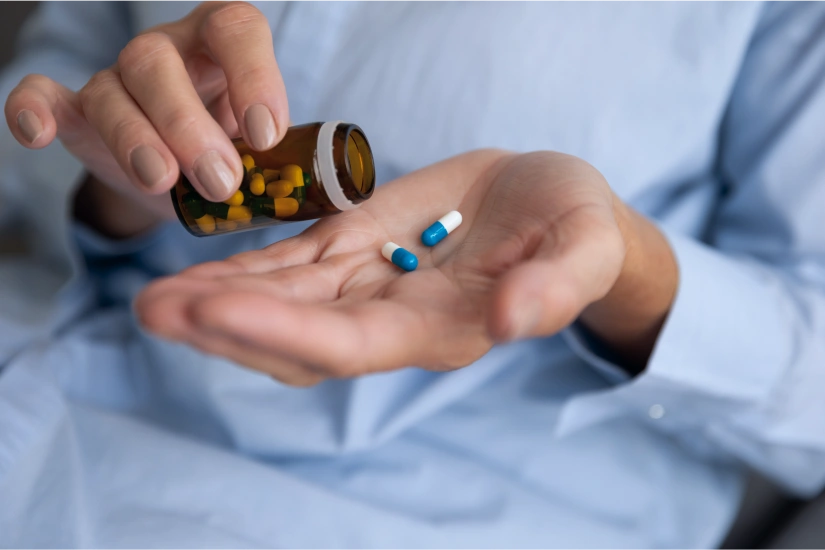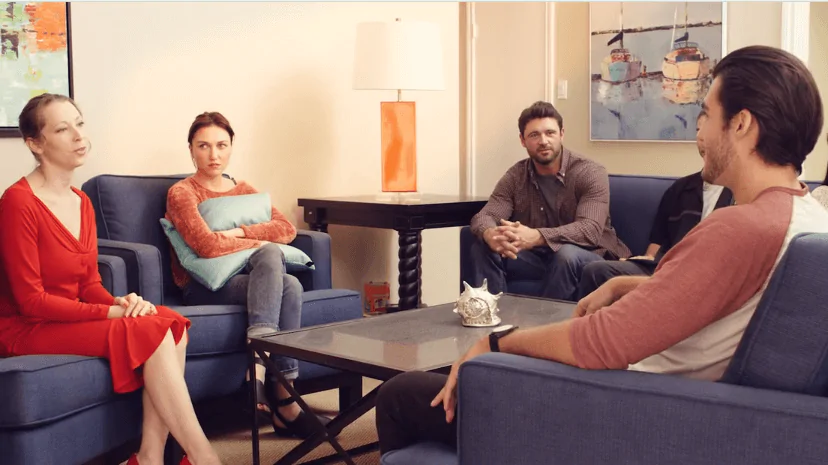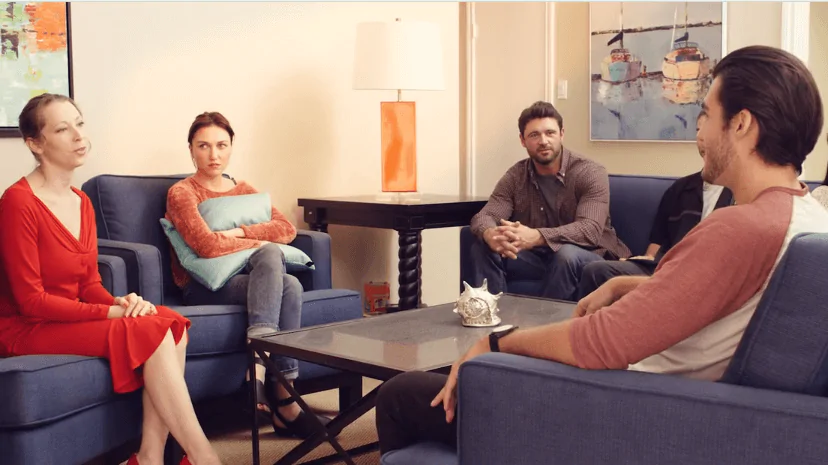24/7 Helpline:
(866) 899-111424/7 Helpline:
(866) 899-1114
Learn more about Cocaine Detox centers in Union Church

Other Insurance Options

CareSource

Multiplan

EmblemHealth

Health Net

Lucent

Sliding scale payment assistance

UMR

Self-pay options

UnitedHealth Group

Private insurance

Group Health Incorporated

Highmark

Amerigroup

Aetna

Molina Healthcare

WellPoint

Providence

American Behavioral

CareFirst

Choice Care Network


















